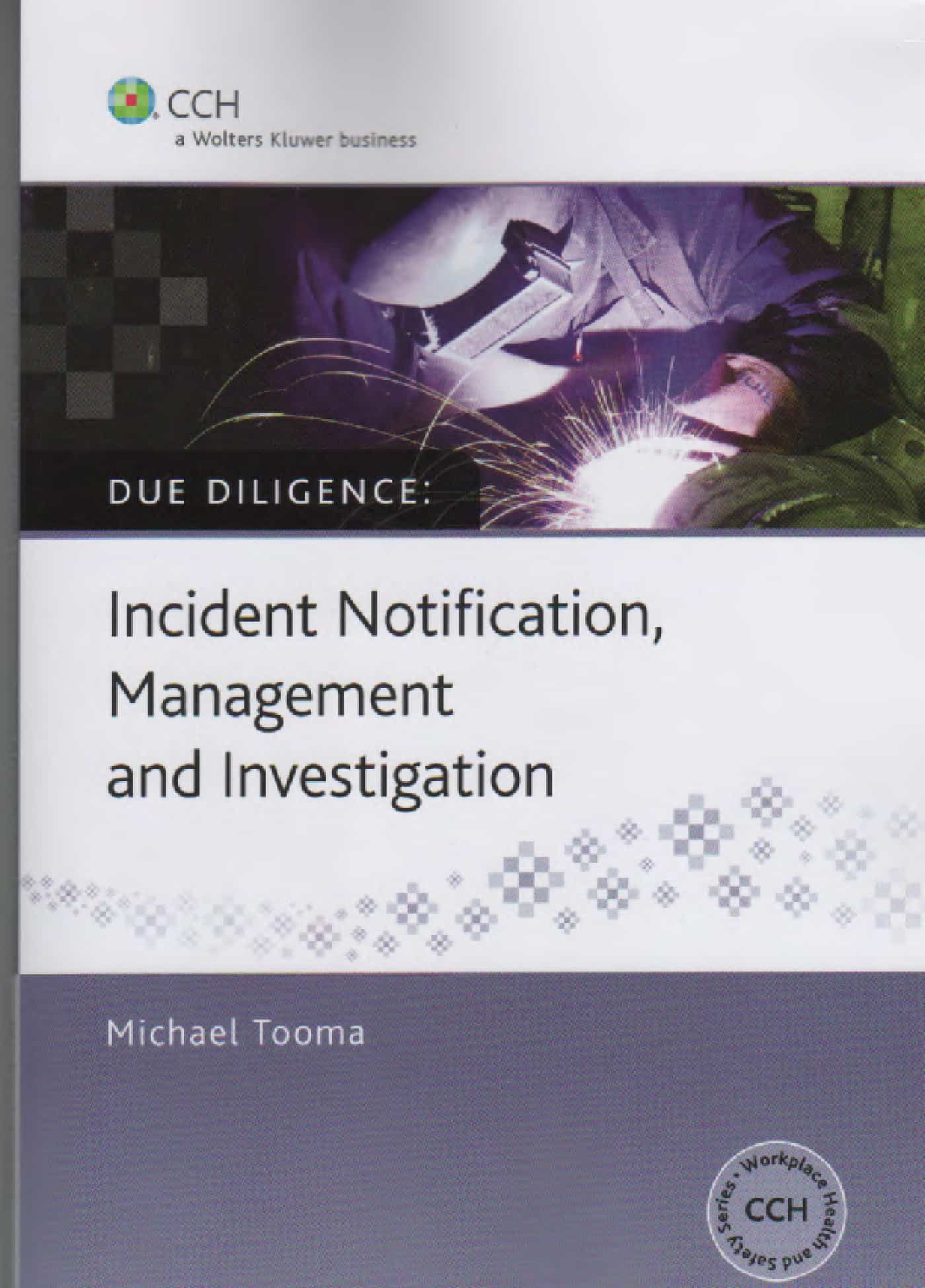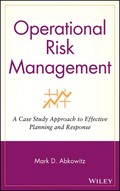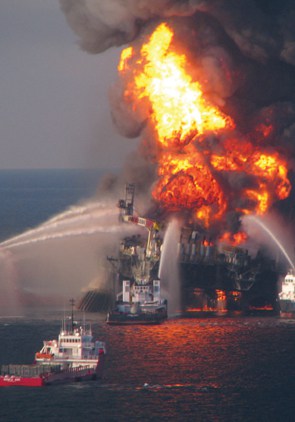There is one word that should not be used as an adjective in relation to workplace fatalities – impacted. Workers fall from roofs and the concrete floor has an impact on them. Workers hit by mobile plant or crushed in machines die from the impact. An impact results from the transfer of energy and this transfer of energy in workplaces can kill.
 “Impacted” is used by those who do not feel comfortable differentiating between “affect” and “effect” and it is surprising to find the term used in the opening chapter of Michael Tooma’s latest book, Due Diligence: Incident Notification, Management and Investigation.
“Impacted” is used by those who do not feel comfortable differentiating between “affect” and “effect” and it is surprising to find the term used in the opening chapter of Michael Tooma’s latest book, Due Diligence: Incident Notification, Management and Investigation.
“Unless you have been involved in a serious incident, you don’t really appreciate how an incident will affect you. For every worker killed at work, there is a grieving mother, father, spouse and/or child. Their co-workers are impacted. Their friends are impacted. Management, guilt-ridden as they are in the aftermath of an incident, sometimes for good reason, sometimes not, are also personally and emotionally impacted. The tragedy touches everyone. In the midst of it all, a group of people are tasked with managing through the chaos and trying to get answers for all those impacted by the tragedy. This book is for them.”
The sentiment is correct and true but read the paragraph aloud and it sounds absurd. And why the overuse of “impacted” when a perfectly suitable word, “affect”, was used in the first sentence?
And this clumsy opening does the book a disservice. Tooma has repeatedly stated that this is a safety book written by a lawyer and not a legal book written about safety. This is a major change from a major Australian OHS publisher. It is a recognition that the readership is not lawyers feeding on lawyers but people wanting to understand workplace safety. Continue reading “A shaky start leads to a terrific book on incident investigation by Michael Tooma”




